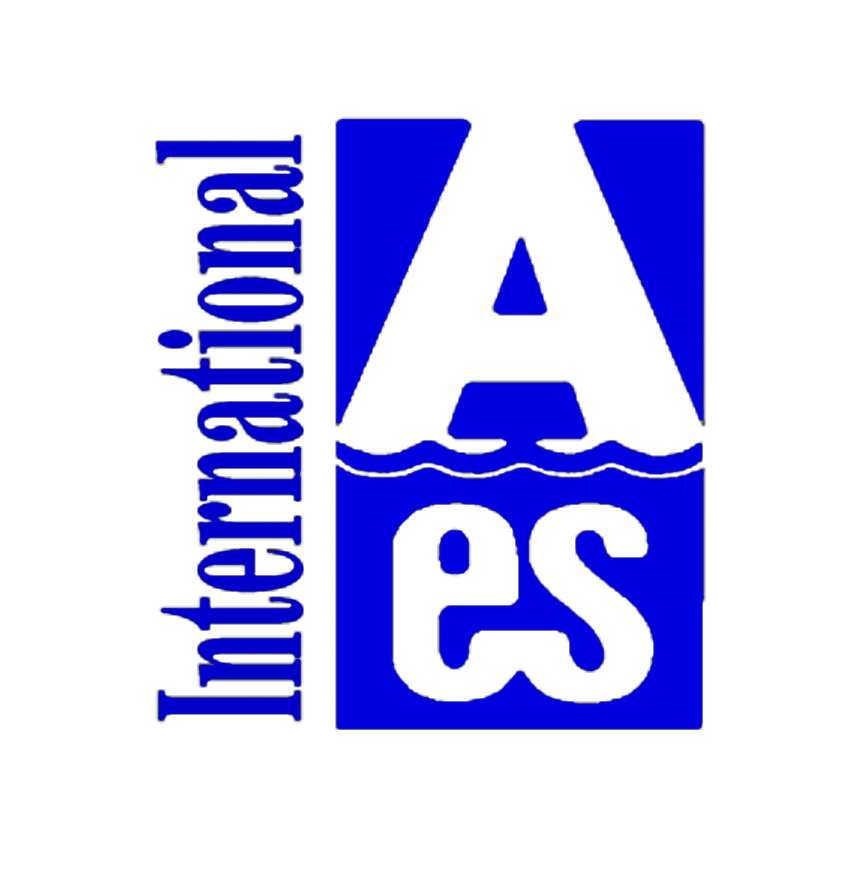~September~

Joseph Hughes, Ph.D
Professor of Economics
Rutgers University
Joseph Hughes became involved with the IAES not long after it was founded at the recommendation of his graduate school mentor, Bill Pfouts. Over the years he has played an active role in the society, serving as Vice President of the Society from 1996-1997 and President of the Society from 1997-1998. Years later he joined the IAES Executive Committee for the first time from 1985-1988 and then again from 1998-1999. He is currently a member of the Board of editors for Atlantic Economic Journal.
What do you find most enjoyable about your International Atlantic Economic Society Membership?:
The conferences. Plenary sessions for incisive debates on headline issues, regular sessions for cutting edge research. I never come home without a hundred sparks for new work, things to talk with my students and colleagues about, formal research lines. I enjoy helping organize sessions at conferences. With the encouragement of Charlie Calomiris, Christine Cumming of the New York Fed and I are putting together four sessions on “The Future of Large Financial Institutions” for the Savannah meetings. We hope to continue these sessions at the Milan and Boston meetings to form a cadre of researchers affiliated with the IAES who investigate financial markets and institutions and confer at the IAES meetings.
What types of projects/research are you working on and what sparked your interest?
Loretta J. Mester, President of the Federal Reserve Bank of Cleveland, and I were cited in the Wall Street Journal, as leaders in the field of measuring economies of scale exhibited by large banks. We have recently published a much cited study that, as the Journal noted, “. . . has found economies of scale at all sizes of banks, and that bigger banks enjoy higher economies of scale – that is, they are able to provide products at lower cost than smaller banks. That is a break from earlier research that did not find economies of scale at big banks. Their work finds that these cost advantages don’t just come from lower-cost funding investors are willing to give big banks because they believe the government will bail them out if trouble strikes – the cost advantage big bank critics focus on. In other words, there are good business reasons for banks to be big, according to their research.”
The policy implications of this work for Too Big To Fail and for regulations aimed at promoting financial system stability under the Dodd-Frank Act have been discussed in recent speeches by Federal Reserve Vice Chairman Stanley Fischer and Federal Reserve Governors Jeremy Stein and Jerome Powell as well as in a recent hearing of the U. S. Senate Committee on Banking on the question, “What Makes a Bank Systemically Important?”
What inspires/motivates you in your line of work or field of study?
Working with data to explore their patterns and applying theory to the data to find patterns not visible to the “naked eye” often yield evidence both expected and sometimes very surprising. And when these discoveries are made with colleagues committed to the same work, we all enjoy the pleasure of shared discoveries and the promise of more work together.
Favorite hobby:
Gardening

